51+ Sample Dealer Agreements
-
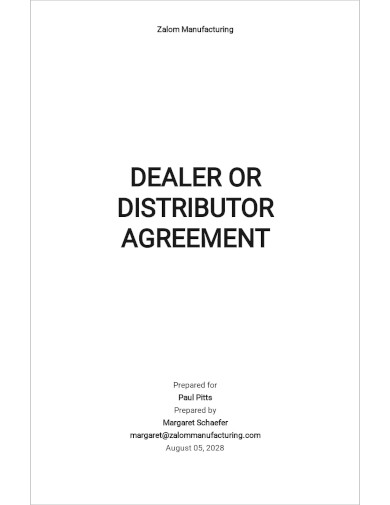
Dealer Or Distributor Agreement Template
download now -
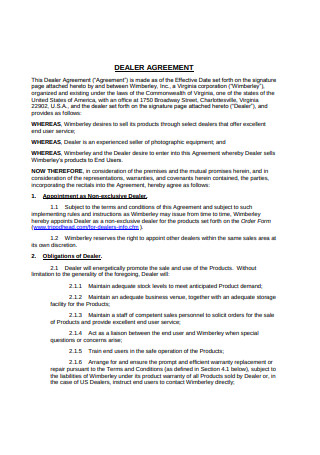
Dealer Agreement
download now -
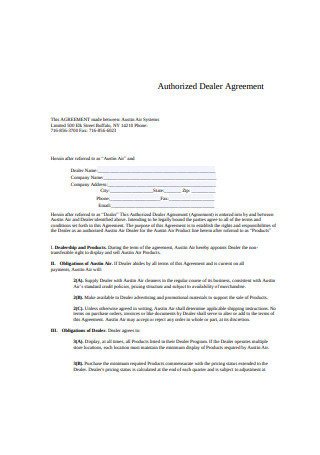
Authorized Dealer Agreement
download now -
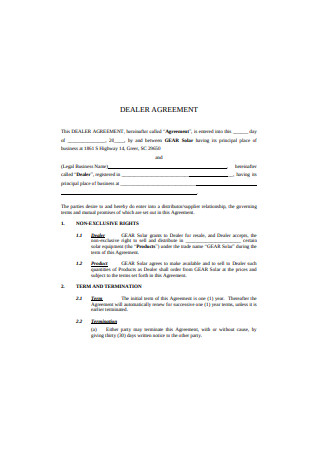
Dealer Agreement Format
download now -
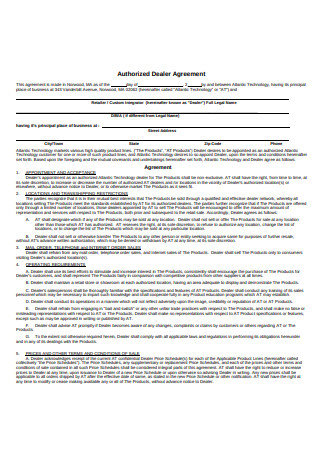
Authorized Dealer Agreement Example
download now -
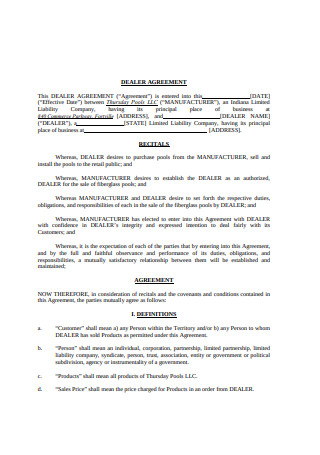
Sample Dealer Agreement
download now -
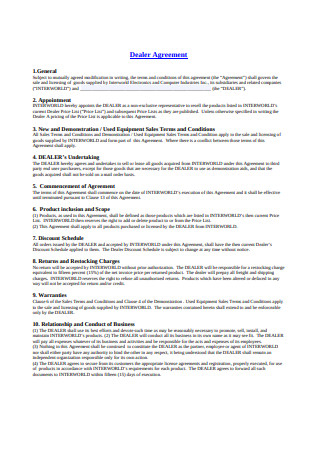
Dealer Agreement Example
download now -
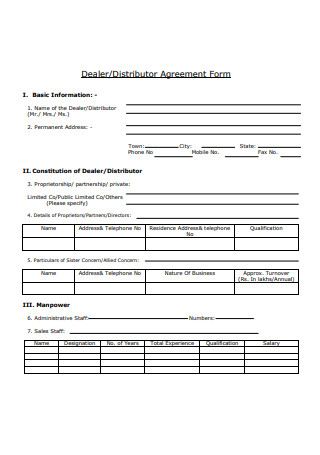
Dealer Agreement Form
download now -
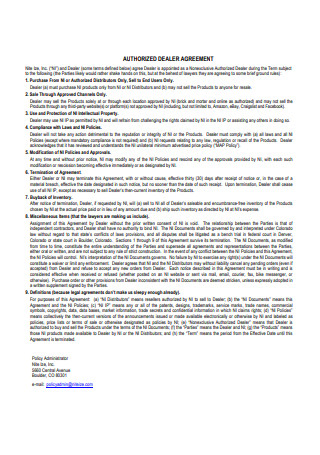
Sample Authorized Dealer Agreement
download now -
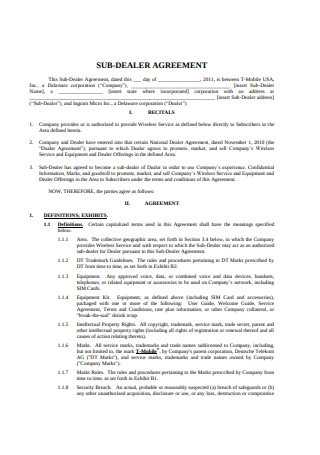
Sub-Dealer Agreement
download now -
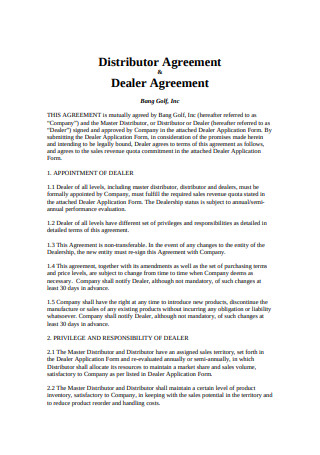
Sample Dealer Agreement Format
download now -
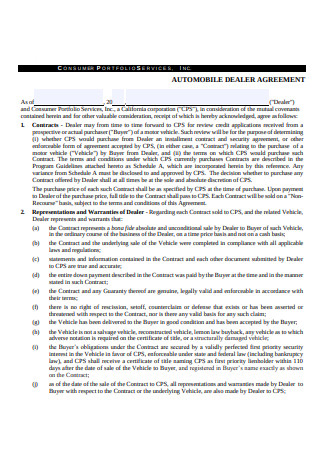
Automobile Dealer Agreement
download now -
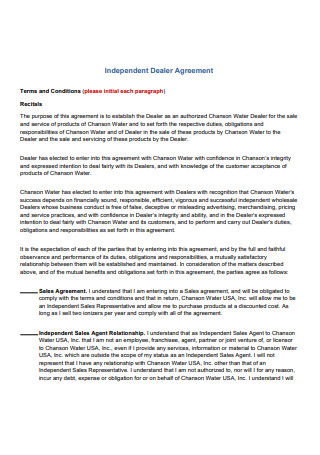
Independent Dealer Agreement
download now -
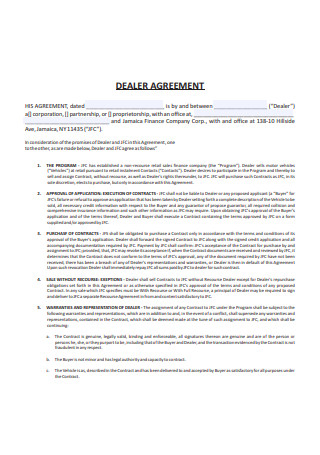
Standard Dealer Agreement
download now -
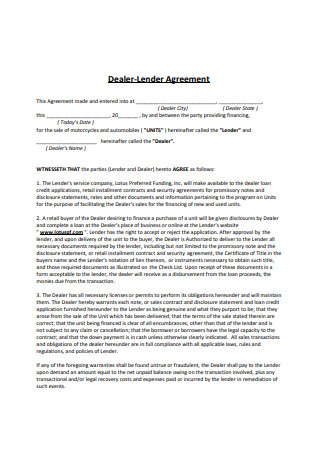
Dealer-Lender Agreement
download now -
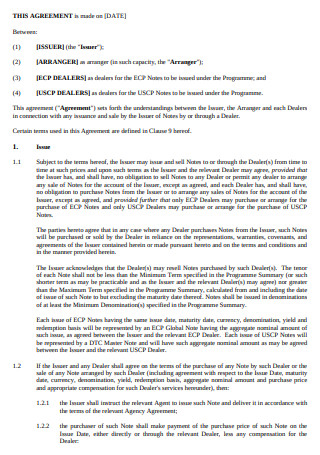
Dealer Agreement Sample
download now -
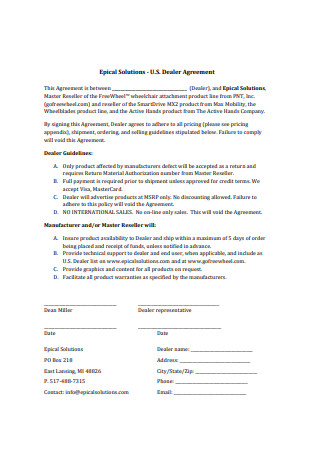
Basic Dealer Agreement Format
download now -
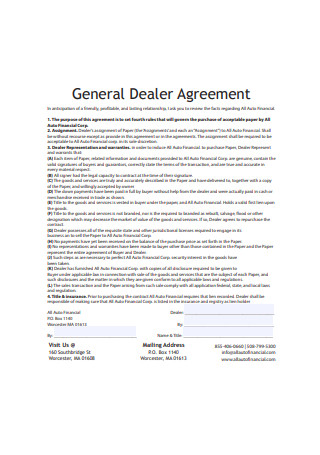
General Dealer Agreement
download now -
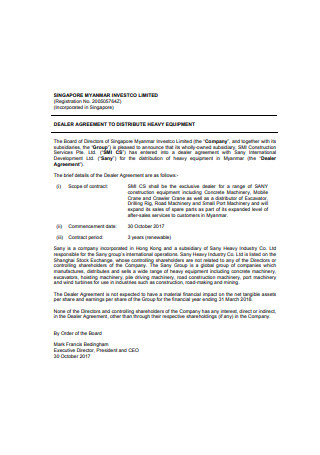
Dealer Agreement To Distribute Heavy Equipment
download now -
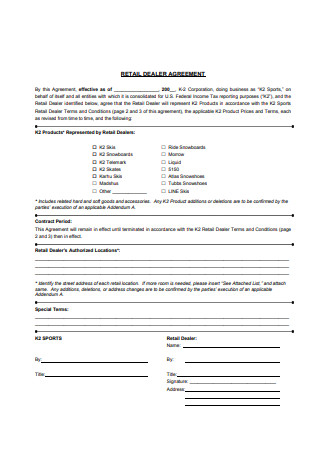
Retail Dealer Agreement
download now -
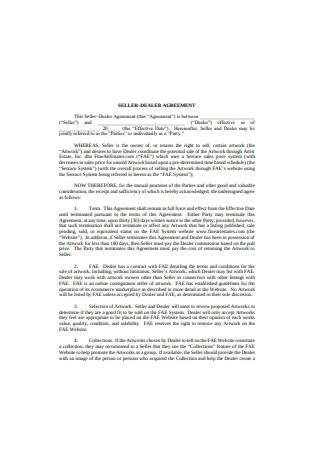
Seller-Dealer Agreement
download now -
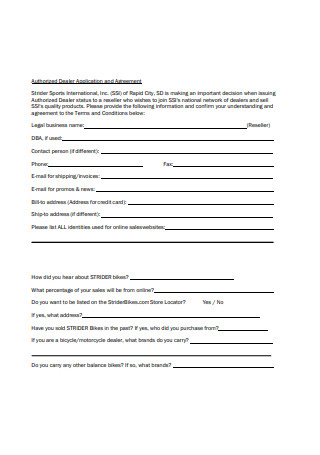
Authorized Dealer Application and Agreement
download now -
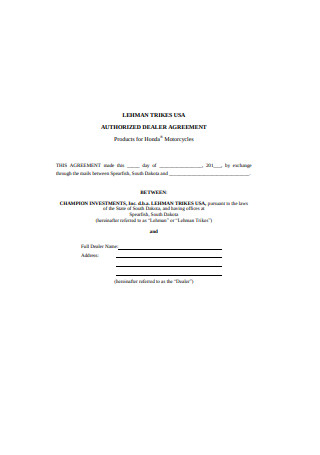
Authorized Dealer Agreement Format
download now -
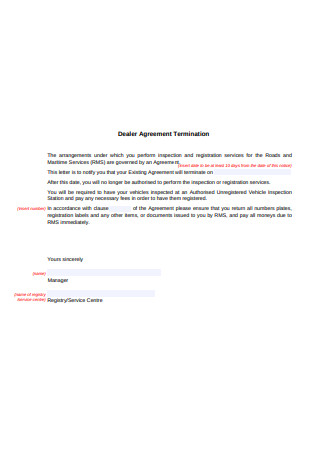
Dealer Agreement Termination Letter
download now -
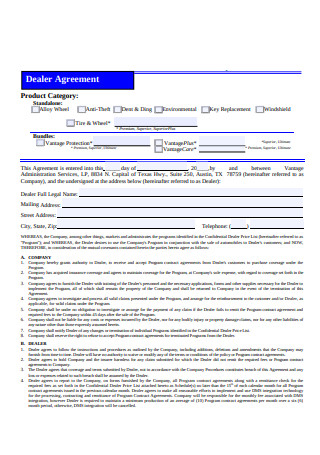
Sample Dealer Agreement Form
download now -
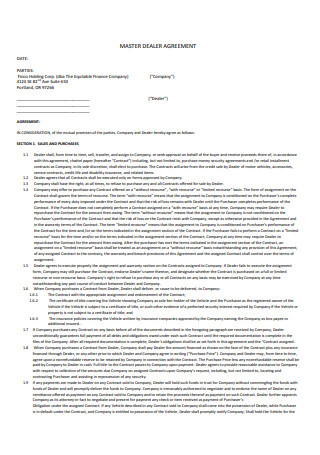
Master Dealer Agreement
download now -
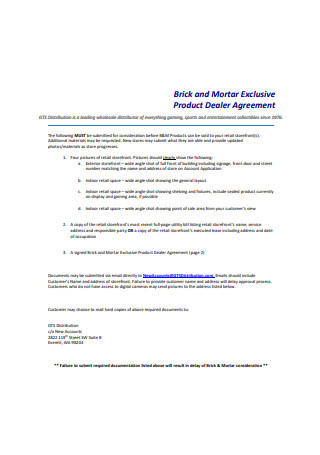
Product Dealer Agreement
download now -
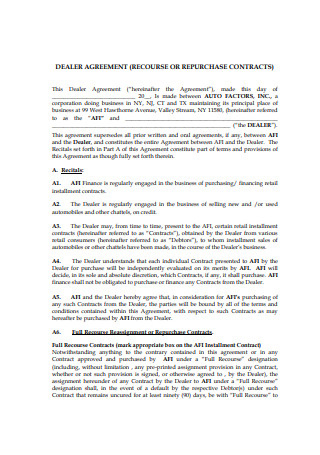
Basic Dealer Agreement
download now -
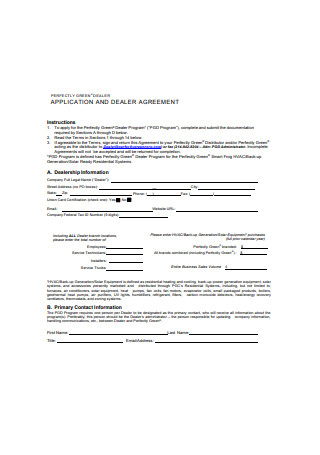
Basic Dealer Agreement Example
download now -
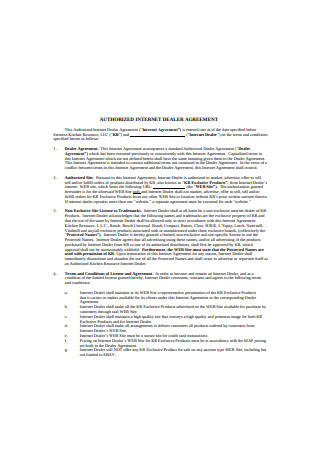
Authorized Internet Dealer Agreement
download now -
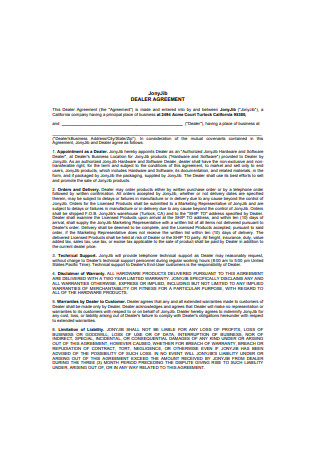
Sample Dealer Agreement Example
download now -
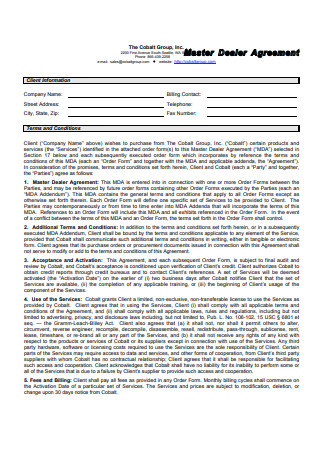
Master Dealer Agreement Format
download now -
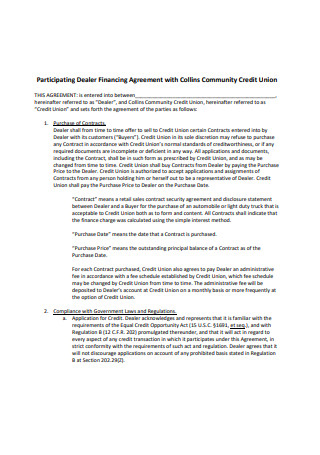
Dealer Financing Agreement
download now -
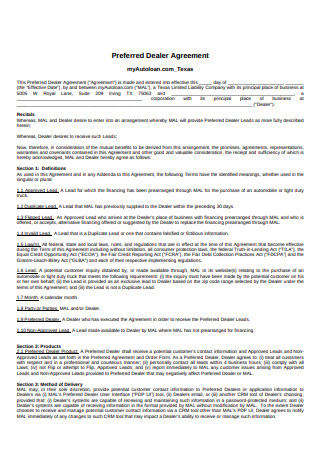
Preferred Dealer Agreement
download now -
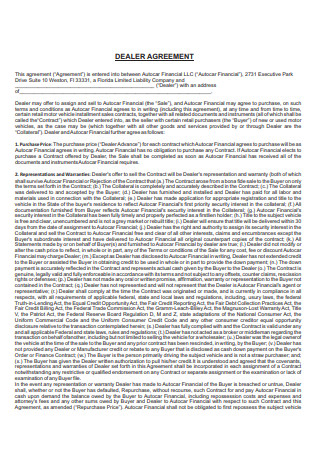
Standard Dealer Agreement Format
download now -
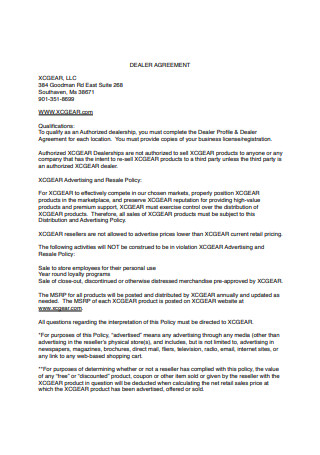
Simple Dealer Agreement
download now -
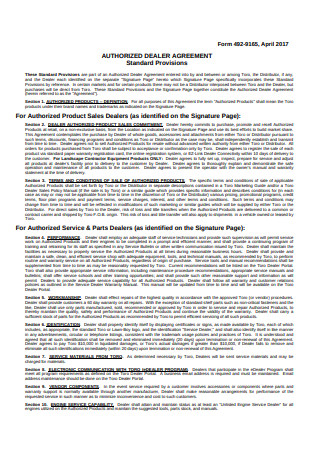
Authorized Dealer Agreement Sample
download now -
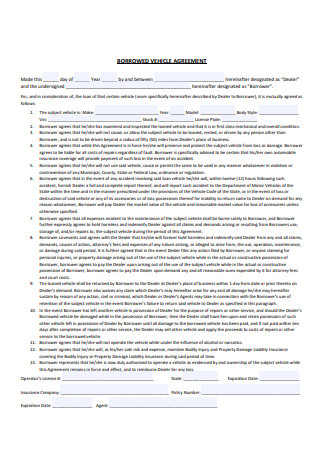
Dealer Borrowed Vehicle Agreement
download now -
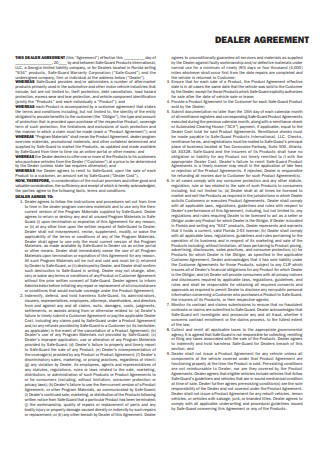
Standard Dealer Agreement Example
download now -
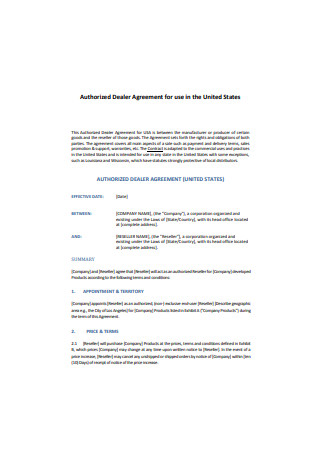
Basic Authorized Dealer Agreement
download now -
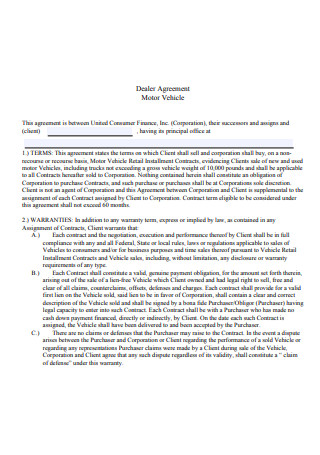
Motor Vehicle Dealer Agreement
download now -
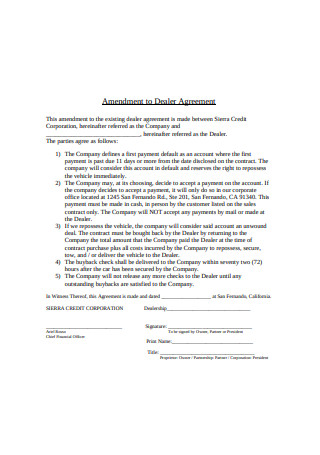
Amendment to Dealer Agreement
download now -
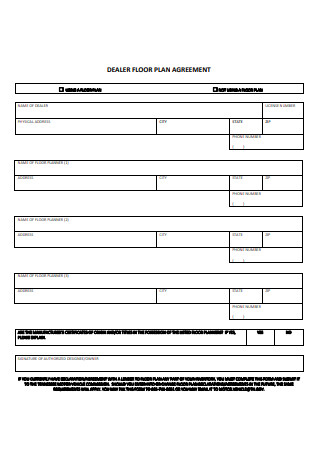
Dealer Floor Plan Agreement
download now -
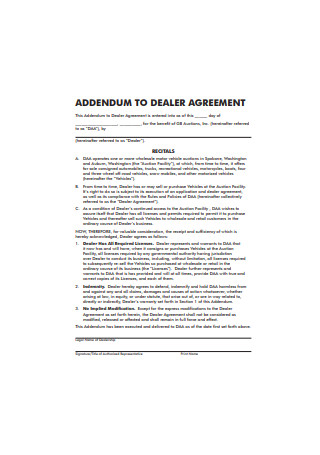
Addendum to Dealer Agreement Format
download now -
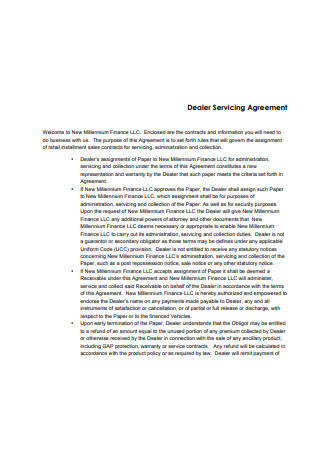
Dealer Service Agreement
download now -
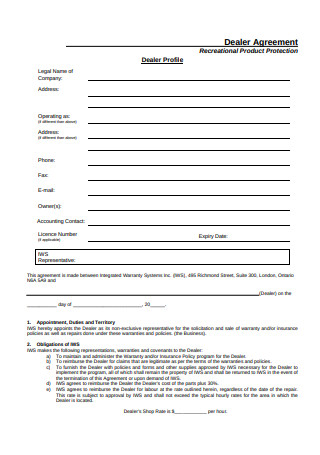
Basic Dealer Agreement Sample
download now -
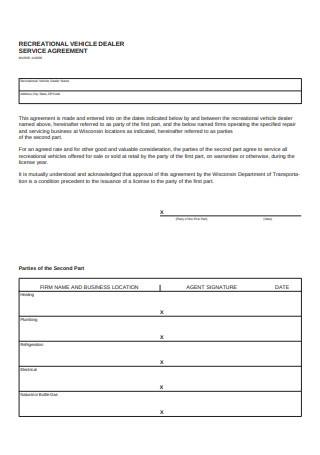
Vehicle Dealer Service Agreement
download now -
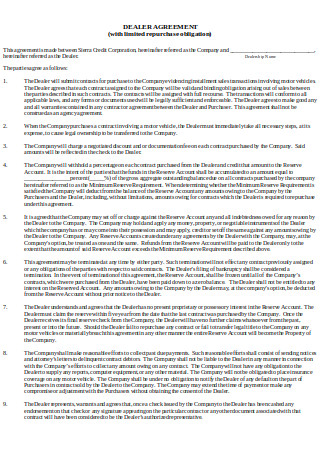
Simple Dealer Agreement Example
download now -
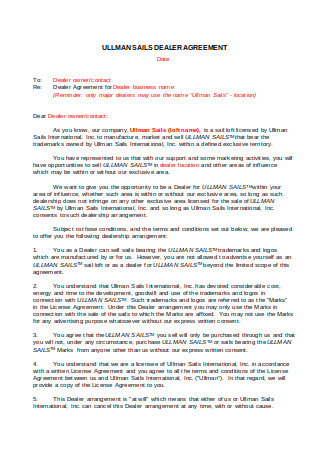
Dealer Agreement Letter
download now -
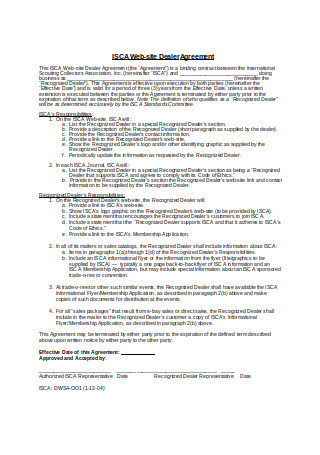
Standard Dealer Agreement Sample
download now -
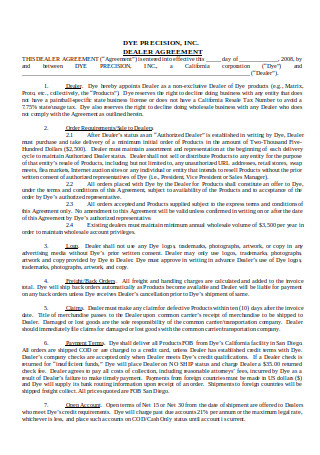
Simple Dealer Agreement Format
download now -
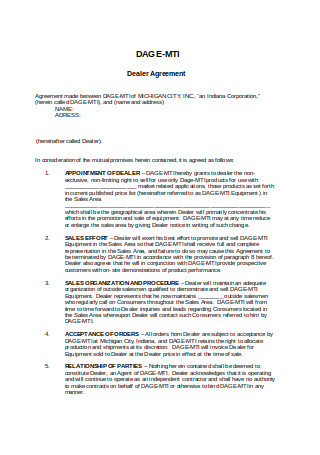
Printable Dealer Agreement
download now
FREE Dealer Agreement s to Download
51+ Sample Dealer Agreements
What Is a Dealer Agreement?
Understanding Dealership
How to Construct a Dealer Agreement?
FAQs
How much do you have to spend to open a car dealership?
How do you start up a used vehicle dealership?
How much money do car salespeople make?
How do you differentiate a dealership from a franchise?
Is it legal to rent a dealer’s license?
What Is a Dealer Agreement?
People usually confuse dealer agreements with distribution agreements. Both a dealer and a distributor play significant roles in supplying goods to the market. They share some similarities, that is why their definitions are usually intermixed. The main difference between both contracts is the people involved in them. The parties involved in a dealer agreement are the dealer and the distributor, while the parties involved in a distribution agreement are the distributor and the manufacturing company. Distributors purchase goods from manufacturers and sell them to dealers. Dealers buy goods from distributors and market them to customers. Dealers focus on directly trading products to consumers, while distributors focus on getting supplies from the manufacturers. Compared to distributors, dealers only use lesser capital.
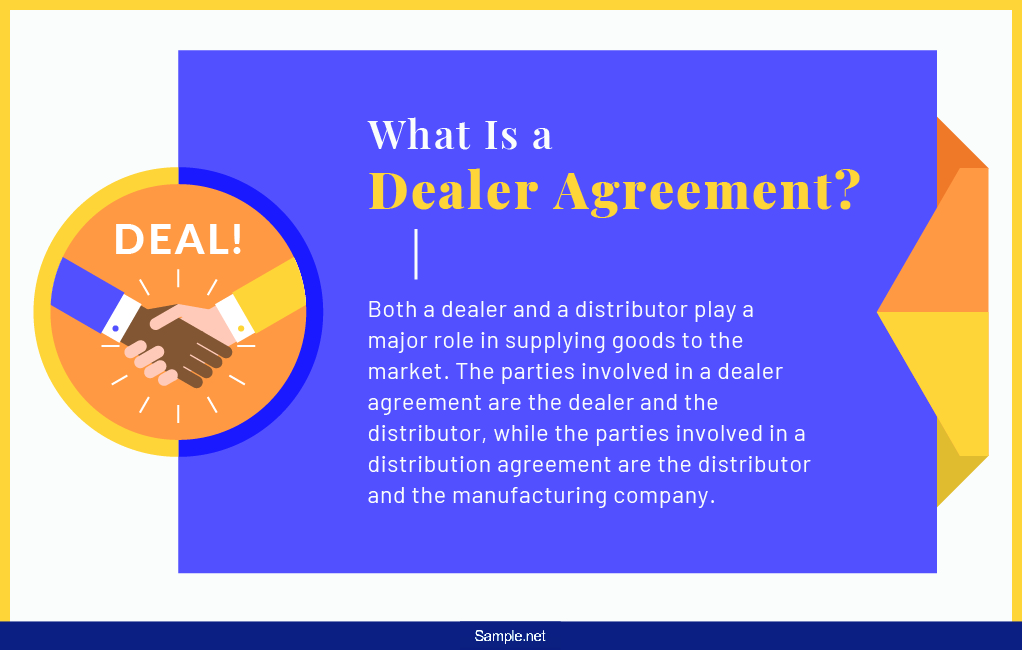
Understanding Dealership
When we think of the word ‘dealership’, the first thing that comes to mind is automobiles. In the United States, there are state laws that protect the businesses of dealers. The government requires the sample marketing of new automobiles to be executed by authorized dealers. For that reason, buyers are not permitted to purchase vehicles directly from the manufacturers. According to the Statista Research Department, by 2020 in the United States, new car dealerships will reach about 872.83 billion in sales value. With that said, let us understand how car dealerships work.
How to Construct a Dealer Agreement?
There are several types of dealership. Therefore not all dealership contracts look the same. With that said, let us learn how to make a simple and standard dealer agreement by following the steps written below.
Step 1: Write the Date of Effectivity and Some Background Information
First, write the date the contract will be effective. After the date, write the names and addresses of both the distributor and dealer. For example, “This Exclusive Dealer Agreement that was made effective on March 1, 2020 between Company A (distributor and its address) and Company B (dealer and its address)”. After this statement, include an affirmation saying a dealer is ready to accept the distributor’s appointment.
Step 2: Type In the Terms of Sale
All the sales a dealer makes must be in line with what the price the distributor has set. Distributors, on their part, must ensure that they pack their products properly for shipment. Any damage done while the product is in transit is a distributor’s obligation. Both the dealer and distributor can choose a carrier to deliver the goods. A dealer must agree not to sell the goods below the Minimum Advertised Price, which is a guideline that is changeable within 30 days of prior notice. Some agreements may allow discounts and sales for a specific number of days in one year and for a specific percentage that will not exceed too much from the MAP. The dealer will get banned from purchasing products from the distributor if these conditions are violated or breached.
Step 3: Include Policies that Apply
Policies such as merchandising, marketing, advertising, warranty, and financial policies are common in dealer contracts. In a merchandising policy, a distributor pledges to offer assistance to a dealer when it comes to advertising and sales. In a marketing policy, a dealer will do his part to maintain all inventories the distributor supplies and will seek to sell the products efficiently. In an advertising policy, both the distributor and dealer agree to work on promoting and advertising the products they sell constantly. In a warranty policy, a distributor is under obligation to make necessary adjustments if there are product defects. A distributor may lower the sales price or completely replace the item. In a financial policy, a dealer may agree to pay all its due amounts to the distributor punctually and provide the distributor with financial statements.
Step 4: Spell Out the Term and Conditions for Termination
The term of the agreement begins with the date it effectuates and ends upon completion. If the need arises to terminate the contract, a distributor must send at least a 30-day prior notice to the dealer. The following may be reasons for termination—dealer’s failure to execute the duties and responsibilities laid out in the contract; a dealer makes decisions without the consent of the distributor (e.g., assigning of obligations); dealer’s failure to operate normally; violations a dealer makes that affects the name and reputation of the distributor’s products, and dealer’s submission of false financial statements.
Step 5: Don’t Forget the Governing Law
An agreement will be enforceable with the help of state and federal laws. Also, a contract should determine the jurisdiction it will be subject to in case disputes and disagreements arise in the future. Note that the governing law will interpret and control all the provisions written in the contract.
FAQs
How much do you have to spend to open a car dealership?
The cost of opening a car dealership may range from $100 to $200 thousand, but this depends on which state you want to open your car dealership business. The cost will be more if you still have to buy an area or rent a space. Starting a new dealership can be more costly than starting up with used motor vehicles.
How do you start up a used vehicle dealership?
All businesses start with a plan or scheme, so the first thing you have to do is create a SMART business plan. Next, you have to register your company in your state. Your state may require you to get an identification number from the Internal Revenue Service. Then, you have to obtain a license at the Department of Motor Vehicles. After getting all the requirements, you must first know all the state and federal laws related to car dealerships. Finally, you can auto purchase used vehicles for your lot.
How much money do car salespeople make?
According to Jason Lancaster in an article he published in HuffPost, an average salesman gets about $330 per car. Salespeople usually sell at least ten cars every month and gain a yearly income of $40 thousand. However, salespeople who do great in their work can sell more than 20 cars per month and earn about $6 to $8 thousand. One factor also that affects a salesperson’s income is the commission he/she gets from used and new vehicles.
How do you differentiate a dealership from a franchise?
When it comes to how the business is run, an independent businessman runs a dealership, while a franchisee runs a franchise. A dealership can decide on how it could run itself, but a franchise cannot do that because it serves to represent a company entirely. A franchise continually pays its parent company royalty fees every month, while a dealership doesn’t have to. Buying a franchise is very costly as it involves paying for licenses and equipment. Moreover, a franchisee must look for its employees, and these workers need to be trained by the parent company for an additional fee. On the other hand, a dealership only has to get a license and purchase its inventory.
Is it legal to rent a dealer’s license?
Renting a dealer’s license is illegal in all states. Bear in mind that several states spend money to keep an eye on advertisements online and making some inquiries. Business people shouldn’t risk renting out a dealer’s license. Doing so will soil your business’ reputation if you get caught. Just follow the required processes of your state to ensure that everything runs smoothly for your business.
Distributors and dealers play a major role in successfully delivering products to end-users. Both parties must work together to keep customers satisfied and reach their sales smart goals. Without the cooperation of one party, the other will have a hard time keeping up with the business. Therefore, distributors and dealers must come under a dealership agreement to regulate the operation of their businesses.
